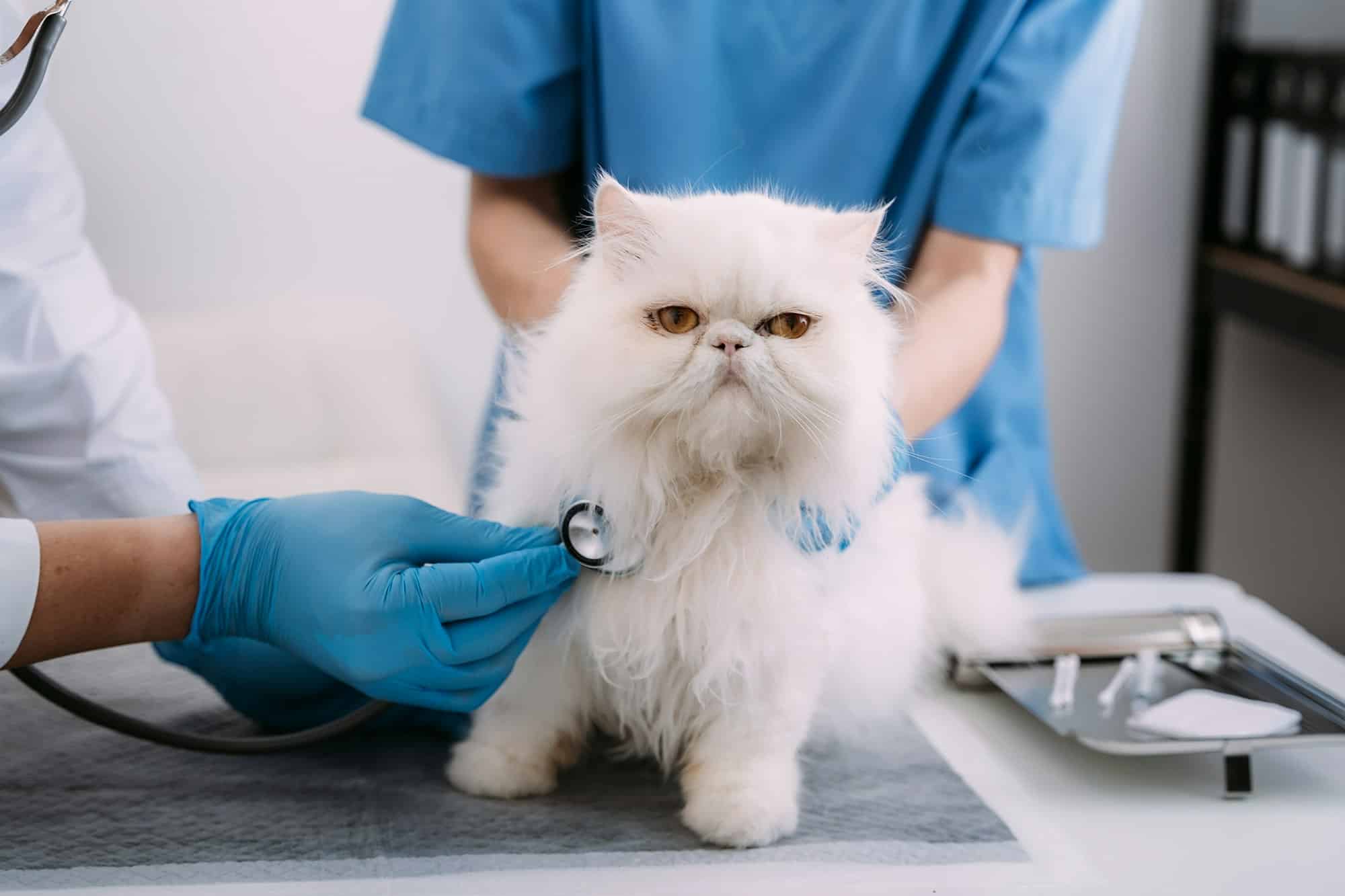How can one access free or low-cost veterinary services while traveling in the UK with pets?

Traveling with pets can be a great experience, but it is essential to plan adequately. Especially when it comes to the animal's health and well-being. Inevitably, your pet might need veterinary care while you're away from home. This article will guide you on how to access free or low-cost veterinary services while traveling in the UK with your beloved animal companions.
Identifying Your Pet's Health Needs
Before embarking on any journey with your pet, it's crucial to understand their health needs. A clear understanding of your pet's health status will help you plan better and avoid any unexpected medical emergencies.
A lire également : What are some hidden costs to watch out for when visiting UK castles?
Regular Health Checks
Maintaining a routine health check for your pets before travel is an excellent practice. Regular vet visits can help detect health issues early, making treatment more manageable and less costly. Your local vet will provide a comprehensive health check, including key areas such as dental health, weight, heart and lungs, skin and coat, and vaccinations status.
Necessary Vaccinations
Vaccinations are crucial, especially when traveling. UK laws require certain vaccinations for animals entering the country, with rabies being a mandatory vaccine for dogs, cats, and ferrets. Make sure your pet is up to date with all necessary vaccines, and you have a certificate to prove it. A rabies vaccination certificate, for example, is an essential document when traveling with pets into the UK.
En parallèle : Where can you find budget-friendly craft beer pubs in Sheffield?
Finding Affordable Veterinary Services in the UK
Once you have identified and addressed your pet's health needs, the next step is to find affordable veterinary services within the UK. Luckily, there are several resources available to help you find low-cost or free veterinary care.
Charities Offering Low-Cost Vet Services
Several charities in the UK offer low-cost or free veterinary care for pets. These organizations understand that for many people, pets are part of the family. They are committed to ensuring that financial constraints don't prevent pets from receiving necessary medical care.
The People's Dispensary for Sick Animals (PDSA) is one such charity. They offer free veterinary services to pet owners who can't afford private vet care. To qualify for PDSA's services, you'll need to live within a defined catchment area and be receiving certain benefits.
Local Animal Shelters
Local animal shelters often provide veterinary services at discounted rates. They run veterinary clinics providing services such as neutering, vaccinations, and microchipping. However, the scope of services varies from one shelter to another, so it's best to contact them directly for more information.
Travel Insurance for Pets
Travel insurance for pets can be a great help when you need veterinary care while on the road. It covers unexpected vet bills, giving you peace of mind as you travel with your pet.
Understanding Pet Travel Insurance
Pet travel insurance covers the cost of vet treatment if your pet becomes sick or gets injured while traveling. Some policies may also cover costs such as emergency repatriation, loss through theft or straying, and even boarding kennel fees if you fall sick.
Choosing the Right Insurance Cover
When choosing pet travel insurance, consider your pet's breed, age, and pre-existing health conditions. Some insurance companies might exclude certain breeds or charge higher premiums for older pets or those with pre-existing conditions. It's also crucial to understand the policy's exclusions and check whether there are any deductibles.
Emergency Veterinary Services
In case of a medical emergency, it's important to know where to find urgent vet care. In the UK, many veterinary clinics provide out-of-hours emergency services.
Identifying Emergency Vet Clinics
Before you travel, research and identify veterinary clinics in the area you'll be visiting that offer emergency services. Keep their contact information handy. Mobile apps such as VetHelpDirect can help you find the nearest emergency vet clinic in the UK.
What to Do in an Emergency
In an emergency, try to stay calm and contact the nearest emergency vet clinic immediately. Provide them with all necessary information about your pet's condition. They will guide you over the phone and prepare for your arrival.
Traveling with pets in the UK doesn't have to be nerve-wracking. By understanding your pet's health needs, finding affordable veterinary services, considering pet travel insurance, and being prepared for emergencies, you can ensure a safe and enjoyable journey for your animal companions.
Pet Passport and Health Certificate
When travelling overseas with pets, it's critical to have your documents in order. In the UK, a pet passport or an animal health certificate is required.
Pet Passport
A pet passport is a document that records all the treatments your pet has had. It can help prove that your pet is fit and healthy to travel, has been vaccinated against rabies, and is treated for tapeworm. This document is used within the European Union, but it stands true for the UK as well.
Health Certificate
For those travelling to Northern Ireland or outside of the European Union, the UK government advises having an animal health certificate (AHC) in place of the pet passport. You will need to get a new AHC for each trip, and they must be obtained within ten days of travel. The certificate proves that your pet is microchipped and has received a rabies vaccination.
Legal Requirements and Restrictions
Understanding the legal requirements and restrictions for travelling with pets in Great Britain is essential. There are specific rules in place for dogs, cats, ferrets, and other pets.
Legal Requirements
Any pet travelling into the UK must be microchipped and vaccinated against rabies. The animal should also have a pet passport or an animal health certificate. Dogs must additionally be treated for tapeworm before they are brought into the country.
Restrictions
There are also some restrictions in place. For example, certain breeds of dogs, such as Pit Bull Terriers and Japanese Tosa, are banned in the UK. Also, there is a limit on the number of pets you can bring into the country. It's limited to five animals per person unless you’re attending or training for a competition, show, or sporting event.
Conclusion
Travelling with your pet in the UK can be a smooth and hassle-free experience if you're well-prepared. Before embarking on your journey, make sure you understand your pet's health needs and have a health certificate or pet passport ready. Also, familiarise yourself with the legal requirements and restrictions in place.
Several low-cost or free veterinary services are available in the UK for pets, including charities like the PDSA and local animal shelters. You can also consider getting pet travel insurance to cover unexpected vet bills. Lastly, be prepared for emergencies by knowing how to locate and contact emergency vet services.
By putting your pet's health and well-being at the forefront of your travel plans, you will ensure a fun and enjoyable trip for both you and your furry friend.
